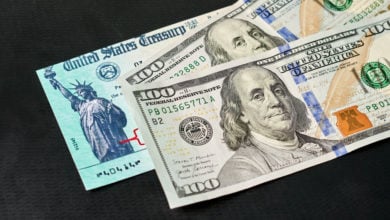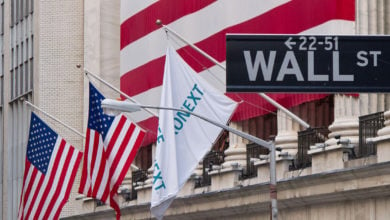 If the hikes go forward, New Yorkers will be paying more for less: Subway riders are facing a 25% fare hike and reduced service. |
As the global economic crisis continues to worsen, budget cuts are hitting everywhere, from social services to education. Despite the burden of the already existing budget cuts and layoffs on working-class families and individuals, on March 25 the Board of the New York City Metropolitan Transportation Authority voted 12-1 for a series of fare hikes and services cuts to take effect on May 31.
The fare hikes will raise the base subway fare from $2.00 to $2.50, while the cost of a monthly unlimited card will soar from $81 to $103. For Long Island commuters, the hikes are even worse: a $50 monthly increase. Those who drive to work will not escape the hikes, with tolls on bridges and tunnels scheduled to increase in mid-July.
The top three officials on the Board are H. Dale Hemmerdinger, president of a commercial and residential real estate and development company; David S. Mack, director of the Mack-Cali Realty Corporation; and Andrew M. Saul, millionaire chairman of the Federal Retirement Thrift Investment Board. These three Wall Street cronies have repeatedly gone on television to express their sorrow and disappointment about the hikes. Passing themselves off as friends of working-class commuters, they have pointed the finger at state legislators for failing to adequately fund the transit authority.
But the MTA is set up precisely to enforce fare hikes and keep out working-class voices. In 1948, Mayor William O’Dwyer faced such high obstacles in raising the fare from seven to ten cents that big business pushed for the creation of a Transit Authority to remove such decisions from political pressure. To this day, the MTA continues to speak for the same class of people. The three union representatives on the Board, from the Transport Workers Union, the Metro-North railroad union and United Transportation, are considered non-voting members.
Contrary to the popular myth that the MTA is a non-profit government service, the banks make millions off the MTA. They buy bonds—essentially providing loans to the MTA—and then the MTA pays them back at fixed interest rates. The MTA’s precise financial arrangements with the banks are not made public, which is no surprise. If they opened up their books, we would see that our fares are going to the same people our tax dollars are going to: the big banks. In effect, the MTA functions as an unofficial, yet inescapable, tax on the working class. It should even be considered an illegal tax, since a portion of our wages are going every day not even to the government, but into private hands.
Presently, Democratic state legislators and Gov. David Patterson are making a lot of noise about how they will not rest until the MTA is bailed out and the fare hike is lessened. They back a plan created by former MTA Chairman Richard Ravitch that would lead to an employer-paid payroll tax in the downstate region, and tolls on the East and Harlem river bridges, so that the fares would go up eight percent instead. This is a political game to get us to believe fare hikes are inevitable and that we should be happy with an eight percent increase.
Socialists believe mass transit should be free. As a simple social need, under socialism mass transit will be paid for and administered by the government, just like health care and education. The state will be the means for the workers to expand and improve transportation. As for the MTA’s present financial crisis, the workers should not be left with the bill. Capitalists profit from the MTA and from our daily trek to work—they should pay.





